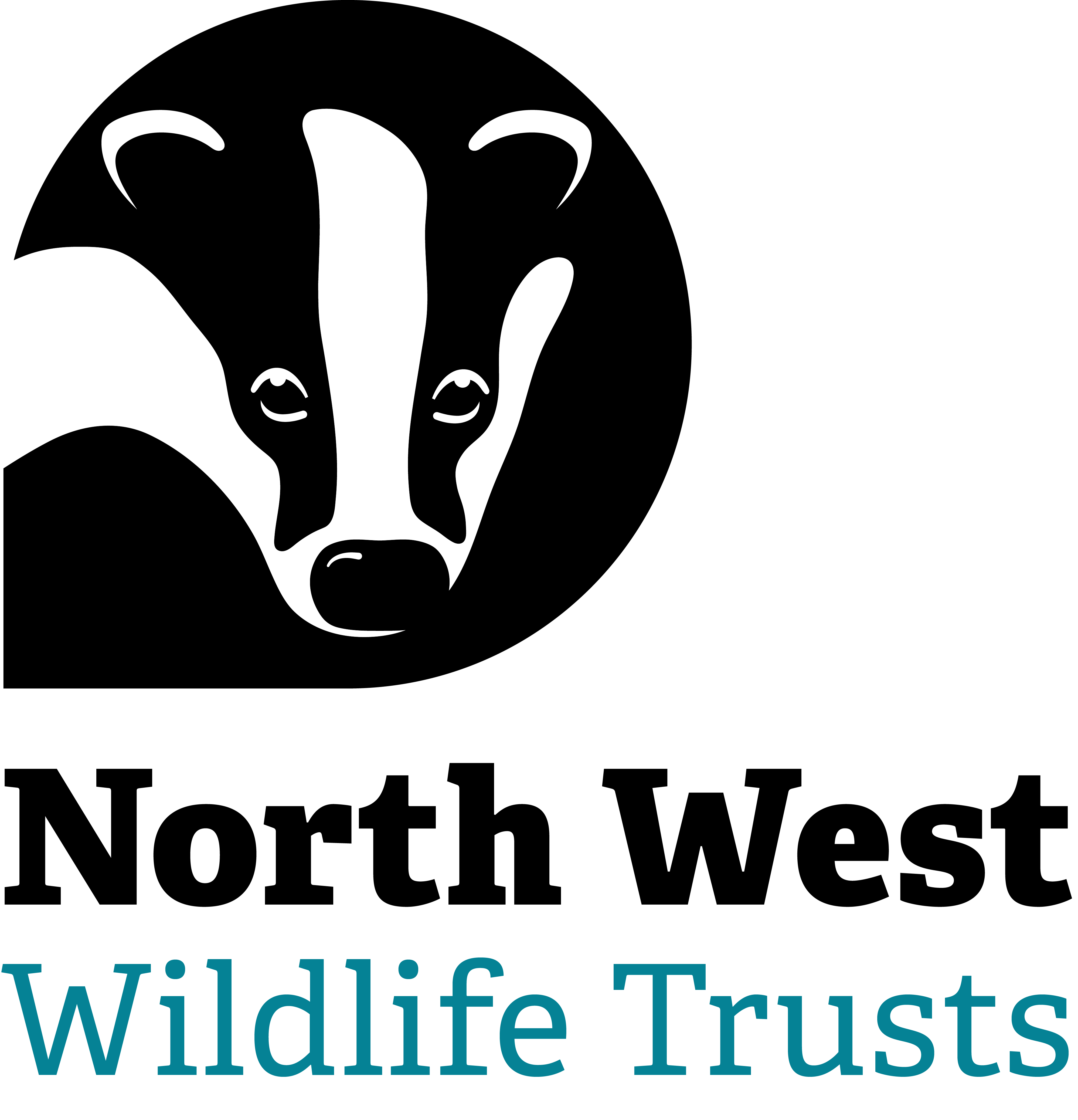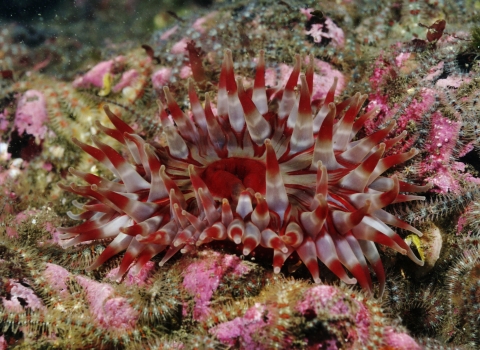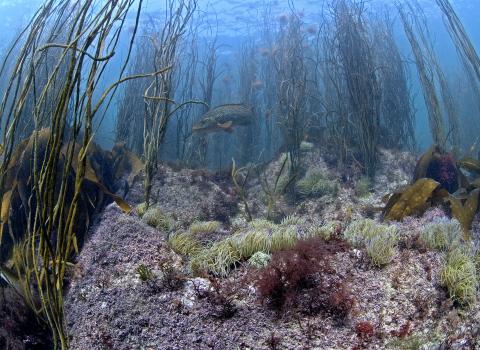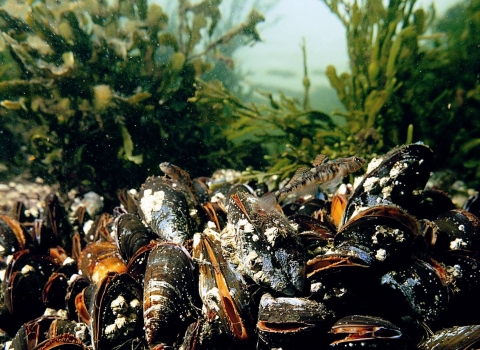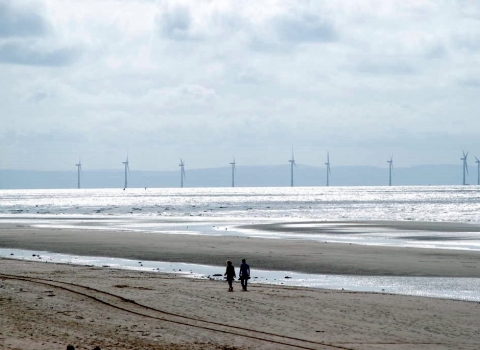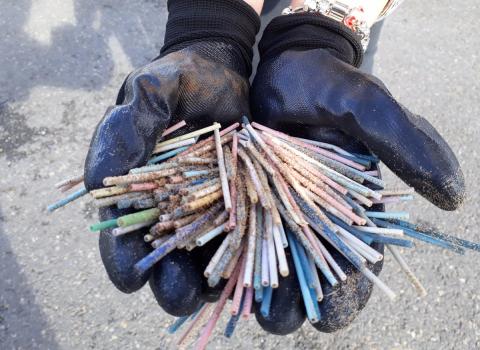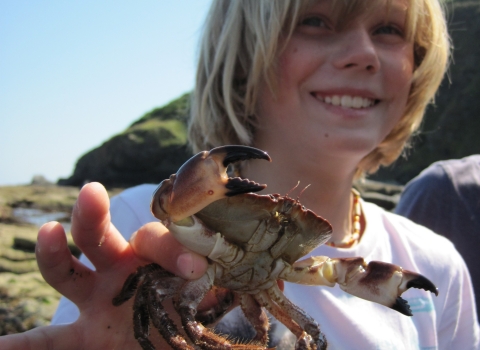Our blue planet
The sea covers over 60% of the Earth’s surface. We really do live on a blue planet. Not only do we live on it but we rely on it.
Take a deep breath – most of that breath was produced by marine algae. It’s these same algae which make that characteristic and nostalgic smell of the seashore.
Our seas and coasts provide us with fish for our plates, fuel for our daily lives, regulate our climate and weather systems and among other things, give us magical wildlife experiences that can stay with us for a lifetime. The sea is home to around half of all our wildlife, from microscopic creatures to the second largest fish in the world, the basking shark!
Perhaps surprisingly, the Irish Sea is among the world’s most productive seas. This relatively small but busy sea, bounded by six countries, suffers from a poor public perception. People often describe it as “dirtier and colder” than the sea in the South West. In reality, the Irish Sea is an area of high ecological importance. In fact, it is the cold, murkiness of the Irish Sea (which comes from rich muddy sediments) that makes it so productive!
The way back to Living Seas
Decades of neglect and over exploitation have left our seas damaged and degraded, but it's not too late to save them. We are working towards Living Seas: seas where species which have declined are becoming common again, with thriving fish stocks and healthy marine habitats.
We believe that each and every one of us, no matter where we live, can help bring our seas back to life. Every year, we run events to give more people the chance to experience and enjoy our marine wildlife, inspiring people to love and care for the Irish sea over the decades to come.
Underpinning our work to protect wildlife at sea is our new national marine strategy
Over the next five years we have an unprecedented opportunity to improve our seas, by changing how we fish, extract resources and manage development at sea, and by ensuring our seas are protected by a network of marine protected areas.
Restoring our seas and fish stocks
Unsustainable fishing can destroy marine habitats and drive species to extinction. The North West Wildlife Trusts are working to encourage sustainable fishing throughout the Irish Sea that will protects the future of marine life as well as our food supply.
Developments and pollution
The Irish Sea is a small but very busy sea. There is a lot going on and we want to ensure that developments within the Irish Sea are environmentally sustainable and our actions have as little impact as possible on the marine environment.
Inspiring and connecting people with the sea
There is still a disconnect between everyday human activities and the long-term impacts of our activities on the marine environment. Our impacts are often out of sight and therefore out of mind. We think that increasing awareness of our marine environment is critical to protecting our seas, marine wildlife, coastal livelihoods and our well-being for the future.
